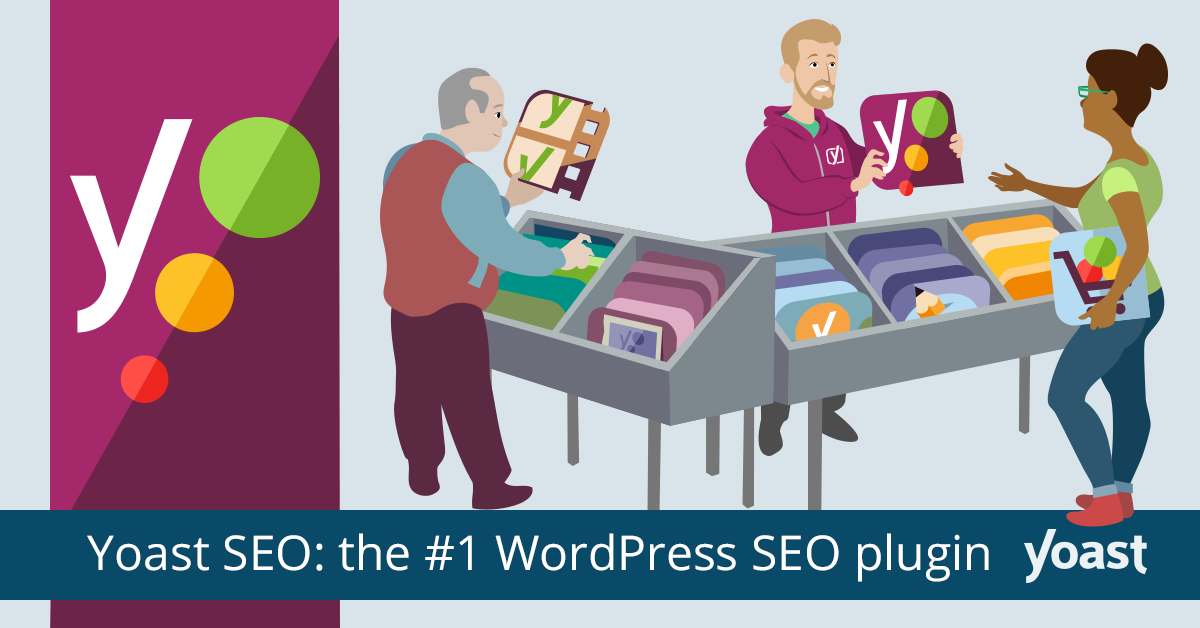
The final CSV you upload should only contain the following two columns: Finally, after you have mapped the post_ids to the URLs, you can go ahead and delete the “URL” column. However, this field will change based on what type of metadata you are importing to Yoast. In this example, I changed the “Recommended Title Tag” field to “_yoast_wpseo_title”. This field is what allows Yoast to change the title tag of a post when the CSV is uploaded. You should use the URL as the key for this function. Next use the VLOOKUP function to grab the post_id from your original list. In a separate tab on your CSV, ensure that you have the following three columns of information about the pages to be updated: Now that you have mapped a post_id to every URL on your website, it’s time to fetch the post_ids of just the pages you are changing. This will execute your snippet and provide you with a document of all of the URLs on your website mapped to their associated post_id.Įxport this information to a CSV and use “Text to Columns” to separate the URLs and post_ids. Now that you’ve uploaded your PHP snippet, it’s time to run it. Once you’re connected, all you have to do is simply drag your “export.php” file into the root folder.
Yoast seo edit social media meta title software#
Open up your favorite FTP client software (I use CyberDuck) and enter the proper credentials to connect. Next, you’re going to need to connect to the server. While ( $wp_querywpcq1->have_posts() ) : $wp_querywpcq1->the_post() Įcho “\n” If ($wp_querywpcq1->have_posts() & $wp_querywpcq1->found_posts > 0): Save the following snippet as a PHP file named “export.php”. Instead, you’ll have to manually upload a PHP file to your server to get this information.įortunately, we’ve created a PHP snippet that will return the post_id.

While you can find the post_id at the page level, the problem is that WordPress’s built in functionality doesn’t allow you to easily export all of a domain’s post_id’s. You can actually see it in the URL when you’re editing a particular page. Simply put, the post_id is a unique number assigned to every page on your WordPress site. We can do this using the WordPress Post ID. In order to import the metadata to the right location, you’re going to need to map it to the proper page. Extract Every Page’s post_id In WordPress Do yourself a favor and avoid this situation by performing a site backup before you start this task. If you end up uploading the wrong data, you could be spending twice as much time going back through every page and manually changing the metadata again. This is especially important if you are going to be changing information on hundreds of pages at once.

Backup Your Websiteīefore doing anything concerning changing large amounts of data on a website, it’s always a good idea to perform a site backup first. Once you have the above items, then you’re ready to begin.

You still have to actually get them into the CMS. And, unfortunately, just finishing them in the spreadsheet doesn’t mean you are done. Writing or rewriting all of the title tags and meta descriptions, while working keywords into the copy, is a tremendous accomplishment for any mid- to large-sized website.

And yet, because of how large of a task it can be, many will procrastinate rather than diving in. Quality title tags and meta descriptions are important for SEO.


 0 kommentar(er)
0 kommentar(er)
